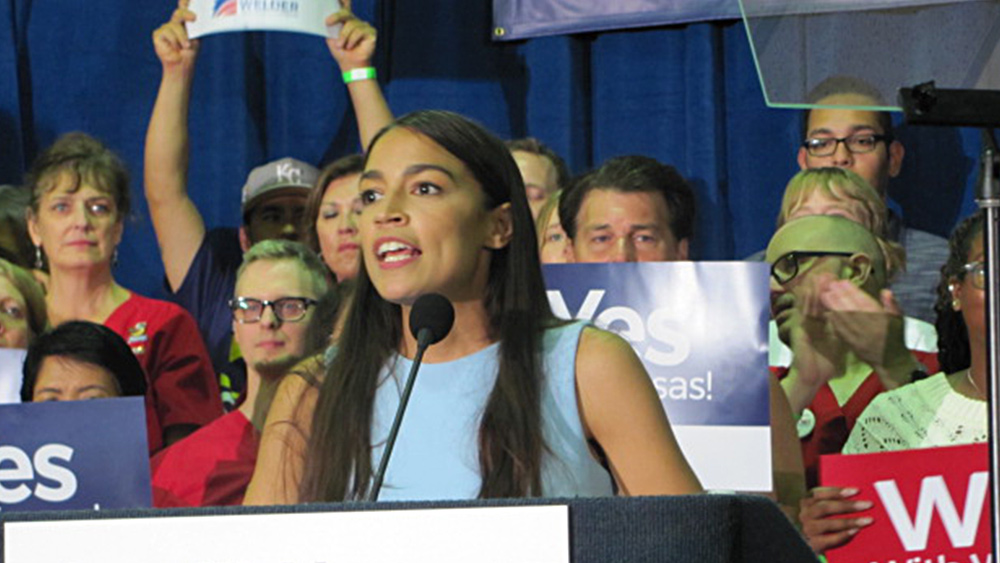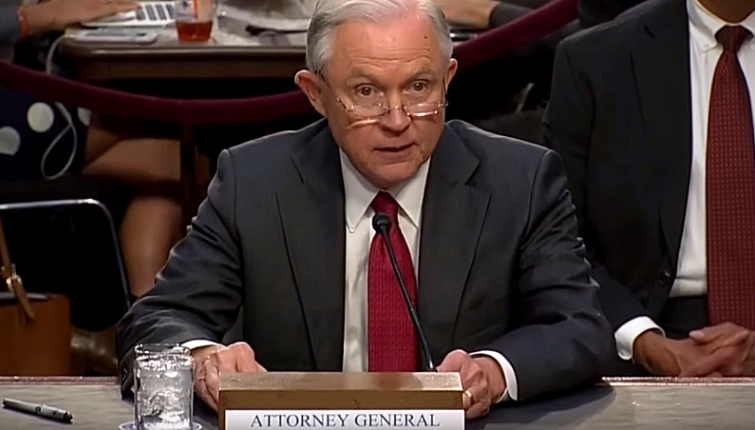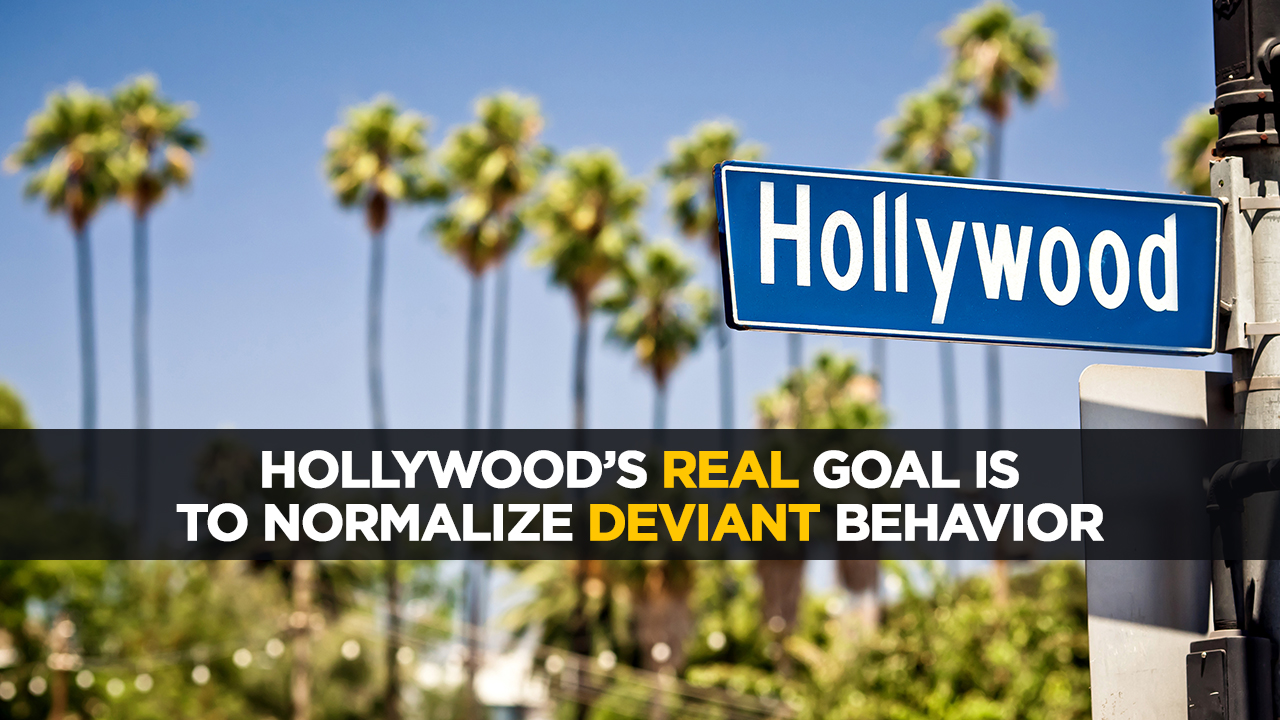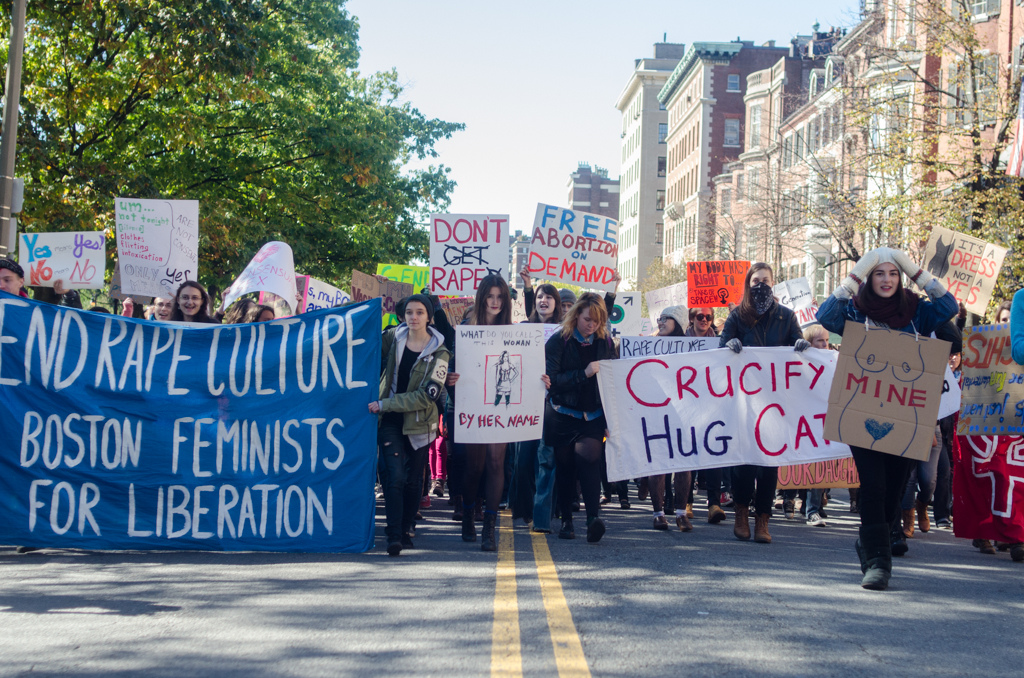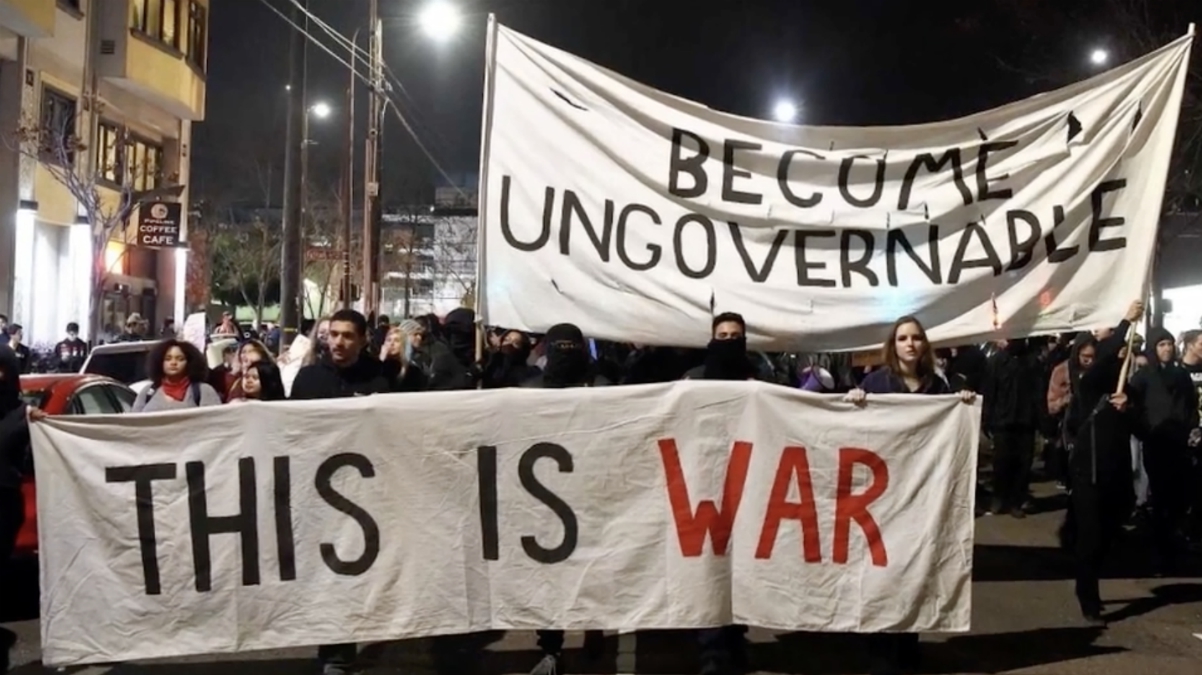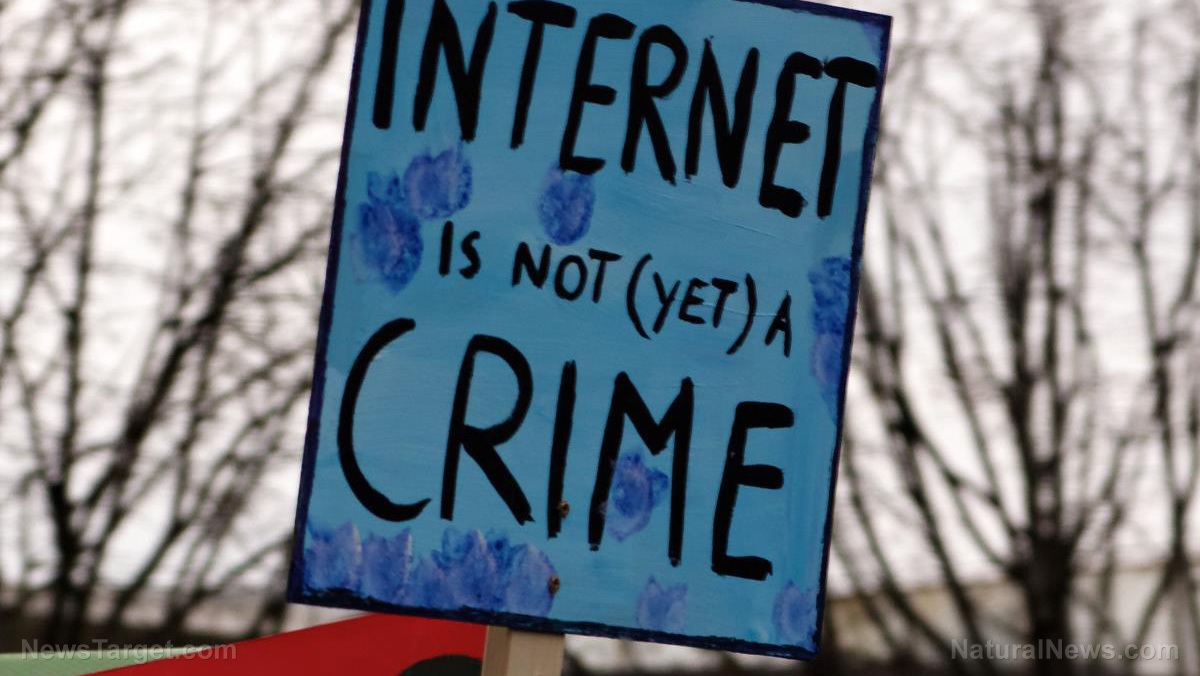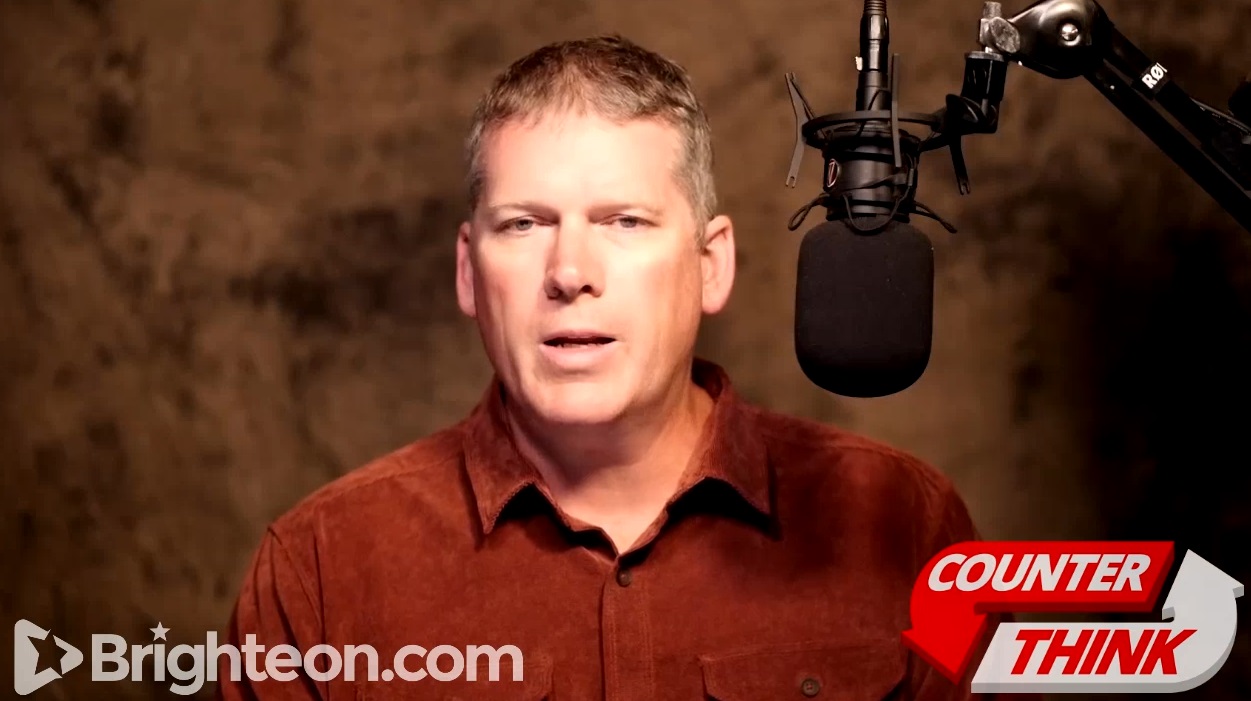Mark Zuckerberg proposes a “Facebook Supreme Court” to “rule” on hate speech: More censorship ahead
04/05/2018 / By JD Heyes

Embattled Facebook founder Mark Zuckerberg, who appears to be in a race with Google to see who can ban conservatives the fastest, now wants to create a “Supreme Court” that will “rule” on so-called “hate speech” posted to his social media platform.
In an interview with Vox, a Left-wing site that will never see it’s content vanquished on Facebook, provided details of this social media high court, suggesting it could be a tool for sorting out speech that other users find hateful or, at a minimum, invasive of their online ‘safe space.’
Zuckerberg floated the idea as his company lost about $100 billion in market value last month and amid growing, widespread calls for new regulations following several scandals involving wholesale data-sharing and data-mining, mostly for and by political campaigns.
As reported by Breitbart News, The Zuck was asked about the platform’s structure of governance and the general lack of self-regulation and oversight. Interviewer Ezra Klein noted that there is no “quadrennial election for CEO of Facebook” — which is true, but there is also the possibility, even likelihood, that if nothing changes at Facebook there will be substantial challenges to its dominance in the years ahead, and one that won’t be so restrictive of, shall we say, competing political views.
“Here are a few of the principles. One is transparency,” said Zuckerberg. “Right now, I don’t think we are transparent enough around the prevalence of different issues on the platform. We haven’t done a good job of publishing and being transparent about the prevalence of those kinds of issues, and the work that we’re doing and the trends of how we’re driving those things down over time.”
Like, say, transparency about why the company recently changed its algorithm to ensure that conservative, liberty-minded content would be censored or, at least downplayed? Because we know that’s happening.
Zuckerberg then talked about the lack of accountability for the platform’s moderation team who decide what content should be allowed and what should not be allowed. “A second is some sort of independent appeal process,” Zuckerberg said, ticking off another alleged company principle. “Right now, if you post something on Facebook and someone reports it to our Community Operations and Review Team looks at it and decides that it needs to get taken down, there’s not really a way to appeal that. (Related: Obama’s raid of Facebook data OK, but it’s a ‘scandal’ when Team Trump does it?)
“I think in any kind of good-functioning democratic system, there needs to be a way to appeal,” the Facebook CEO continued. “And I think we can build that internally as a first step.”
Hence the Supreme Court concept.
“What I’d really like to get to is an independent appeal. So maybe folks at Facebook make the first decision based on the community standards that are outlined, and then people can get a second opinion,” he said.
“You can imagine some sort of structure, almost like a Supreme Court, that is made up of independent folks who don’t work for Facebook, who ultimately make the final judgment call on what should be acceptable speech in a community that reflects the social norms and values of people all around the world.”
Therein lies the rub. Presumably, every “independent folk” who is hired to be on such a social media court would have to meet certain Facebook criteria; what will that criteria be (here’s a good place to be more ‘transparent,’ Zuck)? The problem is that conservative speech — normal, right-of-center speech — is being mislabeled as “hateful” and “divisive” by Alt-Left activists who don’t believe in the free exchange of ideas. We know that because former Google engineer James Damore is a victim, having been fired for stating a non-conformist view regarding human sexuality and engineering.
What is and is not “acceptable speech” on social media founded and run by Leftists is increasingly a political argument. How will Zuck’s court rule on that? Read FacebookCollapse.com.
Stay fully informed without the censorship at — where else? — Censored.news.
J.D. Heyes is also editor-in-chief of The National Sentinel.
Sources include:
Tagged Under: appeals process, Censorship, content, Facebook, free speech, Google, mark zuckerberg, online censorship, posts, Social media, speech, Supreme Court


